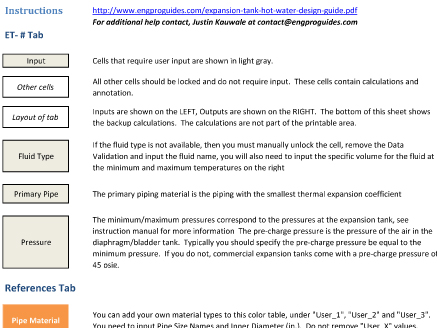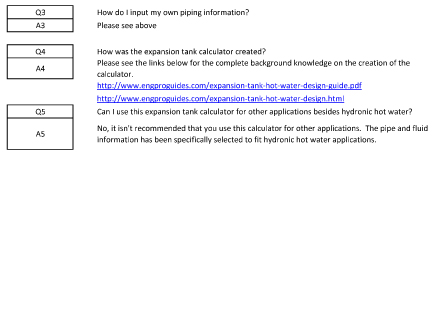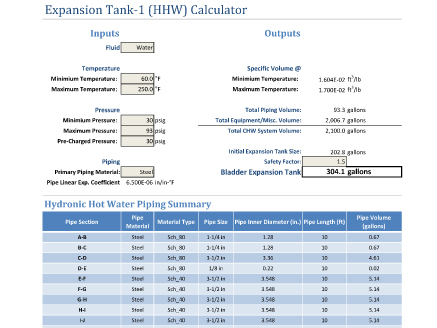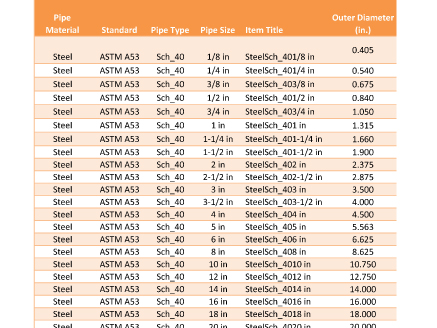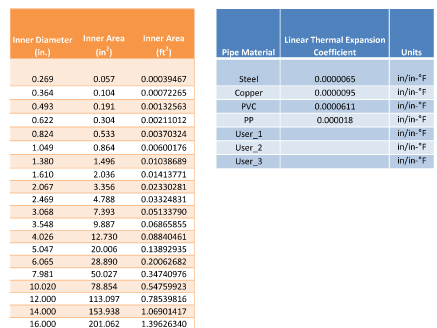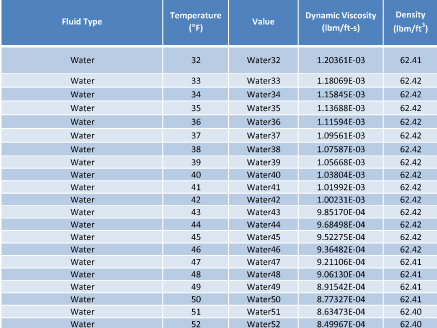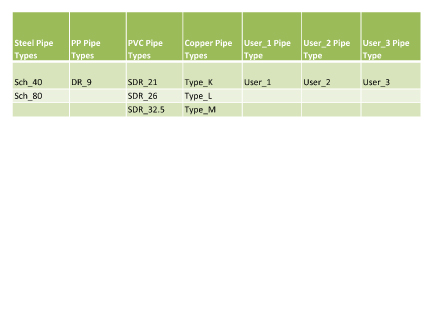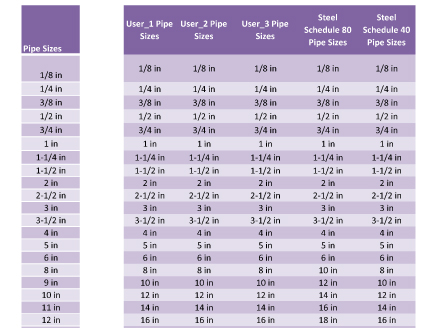Expansion Tank Calculator for Hydronic Hot Water Systems
Quickly size and select ETs
With a 100% Money Back Guarantee
The HVAC Expansion Tank Calculator for Hydronic Hot Water Systems is designed to be comprehensive to apply to nearly all condenser water designs, but also simple and easy to use. The interface is in excel format which makes it easy for anyone to quickly learn. You are able to add in extra rows to your volume calculation similar to how you would with excel. Inputting data is simple and intuitive, just follow the examples within the calculator. Change pipe material, pipe sizes, temperatures, pressures, etc. and have the calculator automatically determine the total volume in the system.
The references that create the basis of this calculator are also editable such that you can customize fluid values or add-in pipe sizes. However, if you do not feel comfortable making changes, then simply email me and I will customize the spreadsheet to suit your needs.
The calculator also beautifully prints to a standard 8.5 x 11 format for your basis of design or other design report appendix.
The calculator will determine the total volume of the expansion tank and will also give you a schedule template to be used on your drawings.
Hawaii general excise tax is not included in the cost below and will be added to the final cost.
PRODUCT DETAILS
- Series: Design Tools
- Title: HVAC Expansion Tank Design Calculator for Hydronic Hot Water Systems
- Author: Justin Kauwale, P.E.
- Units: English (SI Coming Soon)
- Language: English
- Format: Excel
- Publisher: Engineering Pro Guides
- Last Updated April 11, 2018
100% Money Back Guarantee
This product is yours to use risk-free to you. If you are not completely satisfied with your improved efficiency after two weeks of use, then simply email me a note about experience within two months of the original purchase date for a complete refund of your purchase price , no questions asked.
Instruction Manual
Download the instruction manual and whitepaper Expansion Tank Calculator for Hydronic Hot Water Systems - Whitepaper. Learn about the design experience and equations behind the calculator. The calculator has an instruction manual specifically on the calculator and how to use the calculator, but this PDF also includes design instructions.
Hydronic Hot Water Systems
This calculator covers the design and selection of a hydronic hot water expansion tank. The expansion tank is a part of an overall hot water system that often includes a hot water generator (fuel fired boiler), piping, valves/fittings, water treatment, hot water coils (air handling units and fan coil units) and hot water pump(s).
A hydronic system is a water system that is used to transport heat from one location to another. Typical hydronic systems include chilled water and hot water systems. This guide is on hot water systems, these systems have additional sub-systems based on the temperature of the system. Low temperature systems are defined as hot water systems less than 240 °F. Medium/High temperature systems are defined as hot water systems above 240 °F.


